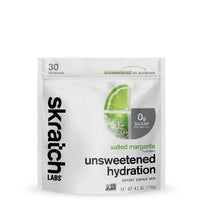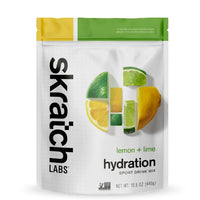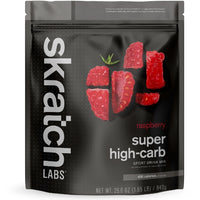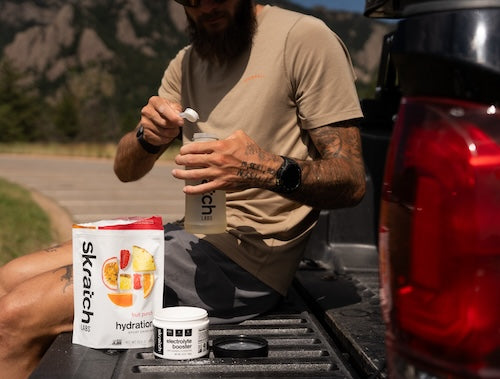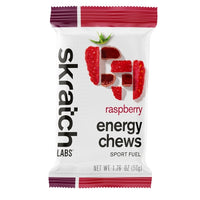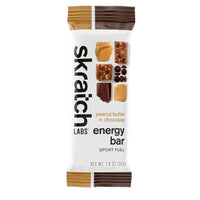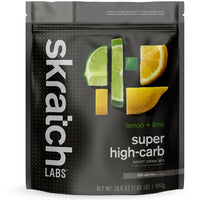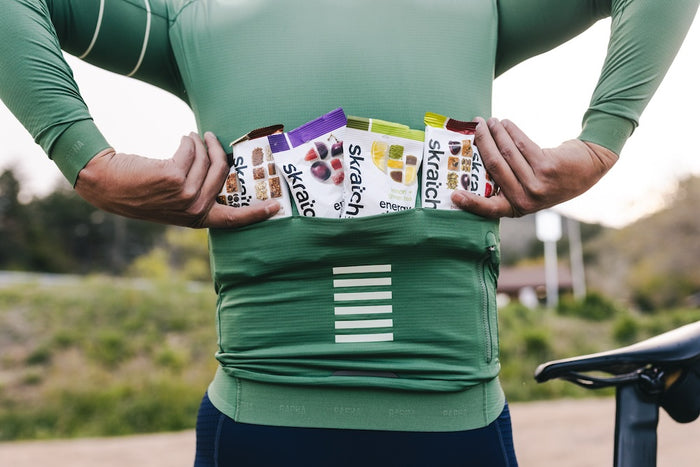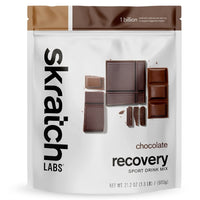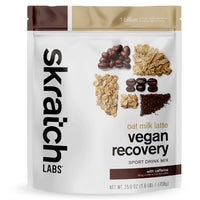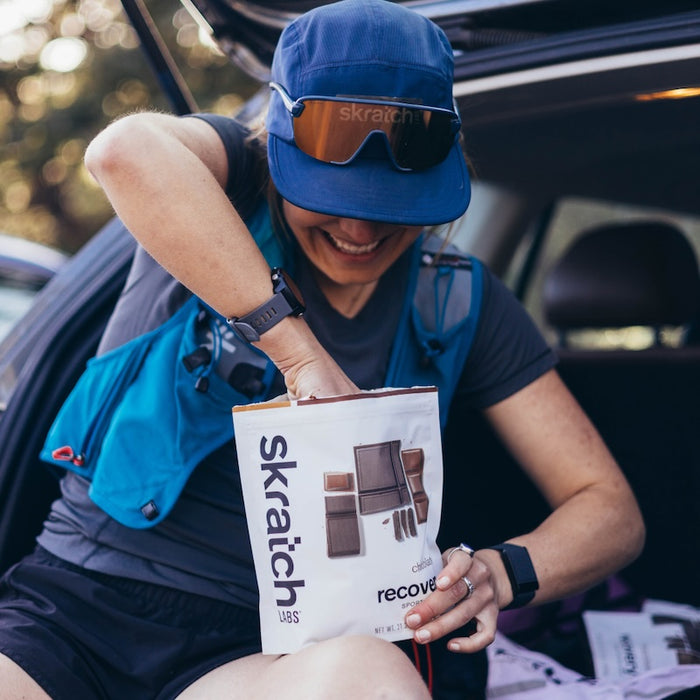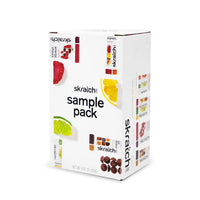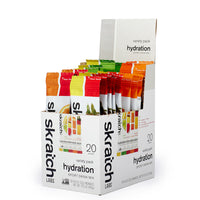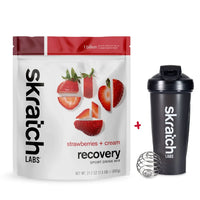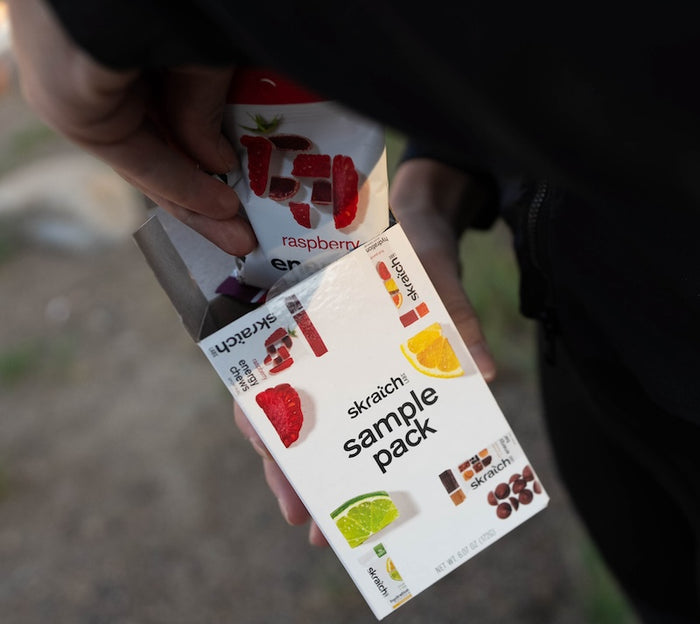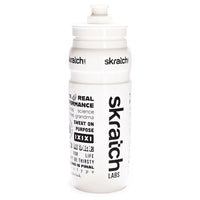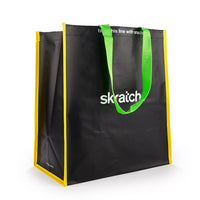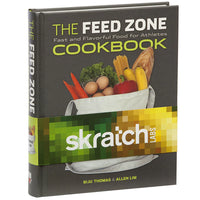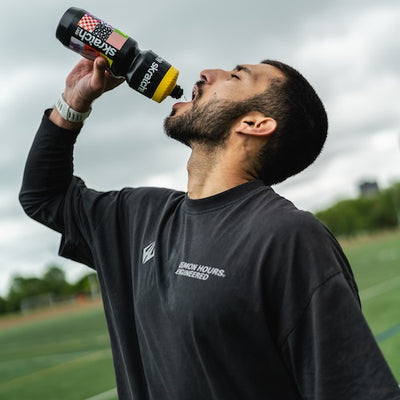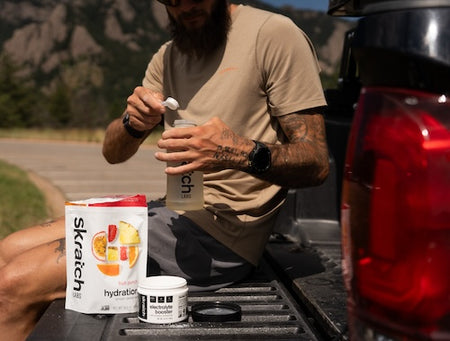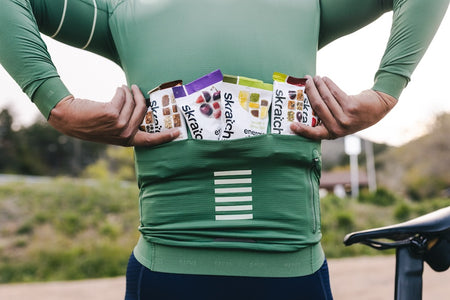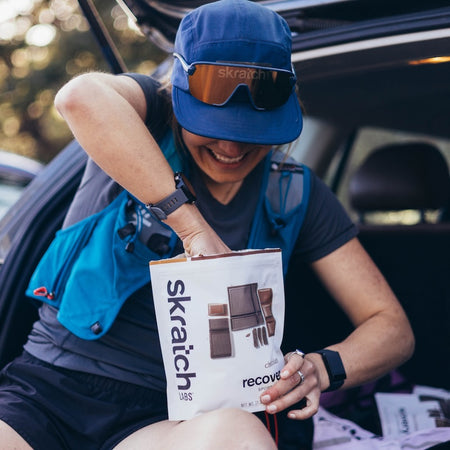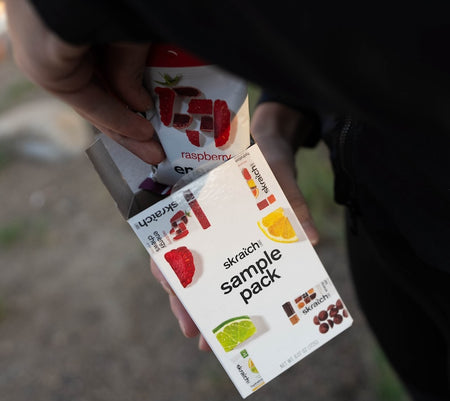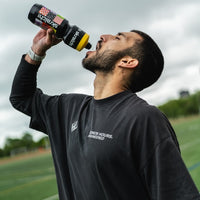If you’ve ever experienced a mid-run energy crash, you know that when—and what—you eat can make all the difference. Optimizing your nutrition timing is the secret weapon that can keep you going, whether you're chasing personal records, powering through strength training, or simply staying active. In this guide, we break down how to strategically fuel your body before, during, and after your workout to maintain energy, boost performance, and enhance recovery.
Why Nutrition Timing Matters
Forget the myth that nutrition timing doesn’t matter. The truth is, properly timed fueling:
- Prevents Energy Crashes: Stop mid-workout fatigue before it starts.
- Enhances Performance: Provide muscles with readily available glycogen.
- Accelerates Recovery: Jump-start muscle repair and glycogen restoration immediately after exercise.
Pre-Workout Fueling: Setting the Stage for Success
Your pre-workout meal or snack primes your body for peak performance by topping off muscle glycogen stores. Here’s how to plan your intake:
How Much Carbohydrate Do You Need?
Aim for a carbohydrate load based on your body weight and the time available before your workout:
| Hours Before Workout | Carbohydrate Intake |
| 4 hours prior | 4g/kg body weight |
| 3 hours prior | 3g/kg body weight |
| 2 hours prior | 2g/kg body weight |
| 1 hour prior | 1g/kg body weight |
Tip: Choose meals that are high in carbohydrates yet lower in fiber, protein, and fat—especially as your workout time approaches.
Hydration Guidelines
- 2–4 Hours Prior: Drink 5–10 mL of fluid per kg of body weight.
- 2 Hours Prior (if needed): Continue with an extra 3–5 mL/kg if you're still dehydrated.
- Daily Hydration: Aim for light yellow urine—think of the color of fresh lemonade.
Pre-Workout Meal Ideas by Activity
- 90-Minute Bike Ride: Oatmeal with banana and honey (~60g carbs)
- 90-Minute Trail Run: Whole grain bagel with jam (~61g carbs)
- 90-Minute Road Run: Skratch Labs Energy Bar with peanut butter toast (~52g carbs)
- 90-Minute Snow Sport: Rice and egg bowl with a warm drink (~50g carbs)
Other quick options include sweet potatoes with cinnamon, rice cakes with a drizzle of honey, or a Greek yogurt parfait with honey and berries.

During Your Workout: Keep the Energy Flowing
Once you’re in motion, your body demands a steady stream of fuel. For activities around 90 minutes or longer, aim to consume 30–60 grams of carbohydrates per hour (roughly 0.5–1 g/kg body weight) to sustain your energy levels and avoid that dreaded “bonk.”
Fueling Strategies on the Go
- Liquid Fuel & Solids: Combine fluids with easily digestible carbohydrates like sports drinks, energy gels, or fruit.
- Consistent Hydration: Sip every 10–15 minutes with 3–4 gulps (100–150 mL) at a time. Adjust based on your sweat rate and environmental conditions.
In-Workout Fueling Examples
- 90-Minute Bike Ride: 16–20 oz of a sports drink mix paired with a pack of energy chews (totaling 50–60g carbs).
- 90-Minute Trail Run: 16–20 oz of sports drink mix and 2–3 fig newtons (~45g carbs).
- 90-Minute Road Run: 16–20 oz of sports drink mix with a banana (~50g carbs).
- 90-Minute Snow Sport: 16–20 oz of a warmed sports drink (try Apple Cider flavor!) and 4–5 dates with nut butter (~45g carbs).
Other options include energy gels, mini pretzels, or rice cakes with honey.

Post-Workout Recovery: Replenish, Repair, Rehydrate
Your recovery window is crucial. The first 30–45 minutes after your workout is prime time to refuel, repair, and rehydrate. Here’s what to focus on:
Carbohydrates & Protein: The Perfect Duo
- Carbohydrate Replenishment: Consume 1.0–1.2 g/kg of carbohydrates per hour for the first 4 hours post-exercise. This is especially important if your next training session is less than 8 hours away.
- Protein for Repair: Aim for 0.25–0.30 g/kg of protein (around 20–40g) immediately after your workout to jump-start muscle recovery. Emerging research even supports higher protein intakes—up to 1.8 g/kg on heavy training days.
Pairing Ratio: A 3:1 to 4:1 ratio of carbs to protein is ideal for post-workout recovery.
Hydration Post-Exercise
- Fluid Replacement: For every kilogram (2.2 lbs) lost during exercise, aim to replace with 1.5 liters of fluid. Alternatively, for every pound lost, drink 20–24 oz.
Post-Workout Meal Ideas by Activity
- 90-Minute Bike Ride: A 16 oz recovery drink mix blended with water or milk OR a turkey avocado wrap paired with an electrolyte beverage.
- 90-Minute Trail Run: A 16 oz recovery drink mix OR a Greek yogurt parfait with granola.
- 90-Minute Road Run: A 16 oz recovery drink mix OR a smoothie loaded with banana, spinach, protein powder, milk, and peanut butter.
- 90-Minute Snow Sport: A 16 oz warmed recovery drink mix OR a hearty chicken soup with crackers or toast.
Other recovery options include grilled chicken with roasted sweet potatoes, quinoa bowls with black beans and avocado, or even a lean beef stir-fry over brown rice.

Final Thoughts
Mastering nutrition timing isn’t just about what you eat—it’s about when you eat. By aligning your pre-workout, during-workout, and post-workout nutrition with your body’s needs, you can fuel your fitness journey, maintain high energy levels, and optimize recovery for your next session. Whether you're training for a race, lifting weights, or simply staying active, these strategies can help you push past your limits and achieve peak performance.
Implement these tips into your routine, and experience the transformative power of well-timed nutrition—because every second (and every bite) counts.
